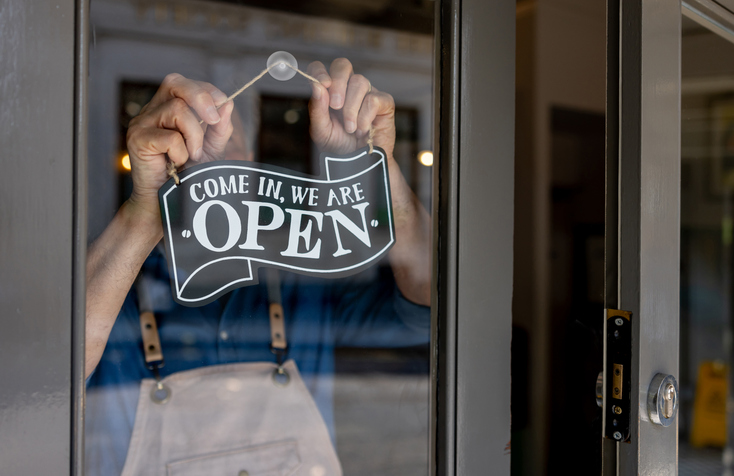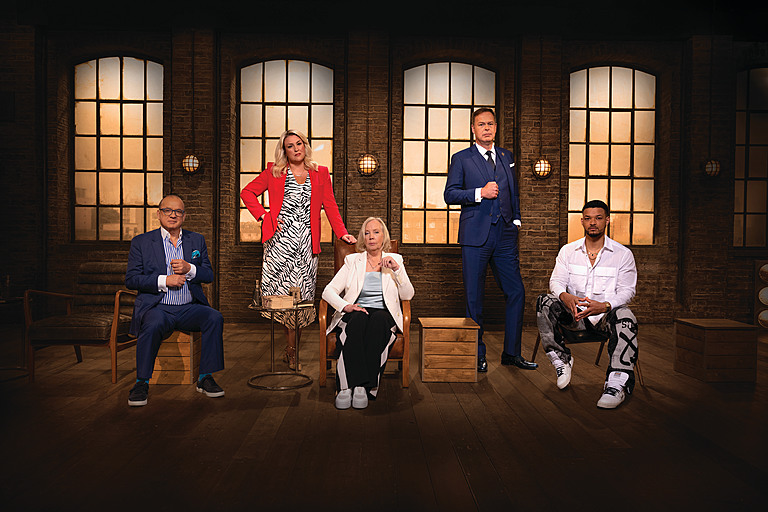‘Work hard, be patient, and be a sponge while learning your business. Learn how to take criticism. Follow your gut instincts and don’t compromise’
A decade ago, in the far-off time pre-Brexit and pre-Covid, it is difficult to convey how much Simon Cowell and The X-Factor took up the national conversation. At its peak, 14 million people tuned in to the ITV show each week.
Cowell, having had a pretty ho-hum career as a music manager (among his acts were kid’s puppets Zig & Zag), found his metier as the on-screen villain in television talent shows, creating The X Factor and Got Talent franchises, TV formats which he owned the rights to and sold around the world.
Having interviewed him backstage at its zenith, I was struck by the difference between fellow judge Louis Walsh’s dressing room, which was strewn with discarded makeup pancake and yesterday’s fish ‘n’ chip wrappers and Cowell’s Japanese-like zen green room with its own bathroom for the cleanliness obsessed Simon Cowell.
The other thing that struck me was how disarmingly nice Simon Cowell was in real life, compared to the pantomime villain we saw on TV. But then again, as one of the characters in the Oscar-winning film Parasite put it, the wealthier you are the nicer you get. In 2019, the Sunday Times Rich List calculated is wealth to be £385m.
That era of the manufactured bands such as Girls Aloud and One Direction is now over, with stars created organically out of their own social media. Cowell, the pop Svengali, has become superannuated and, unsurprisingly, ITV cancelled the show in July 2021.
However, Simon Cowell and his talent shows gave us one of the most significant cultural markers of the noughties and in time he may be seen as a legendary impresario, alongside, if not Diaghilev, then PT Barnum.




